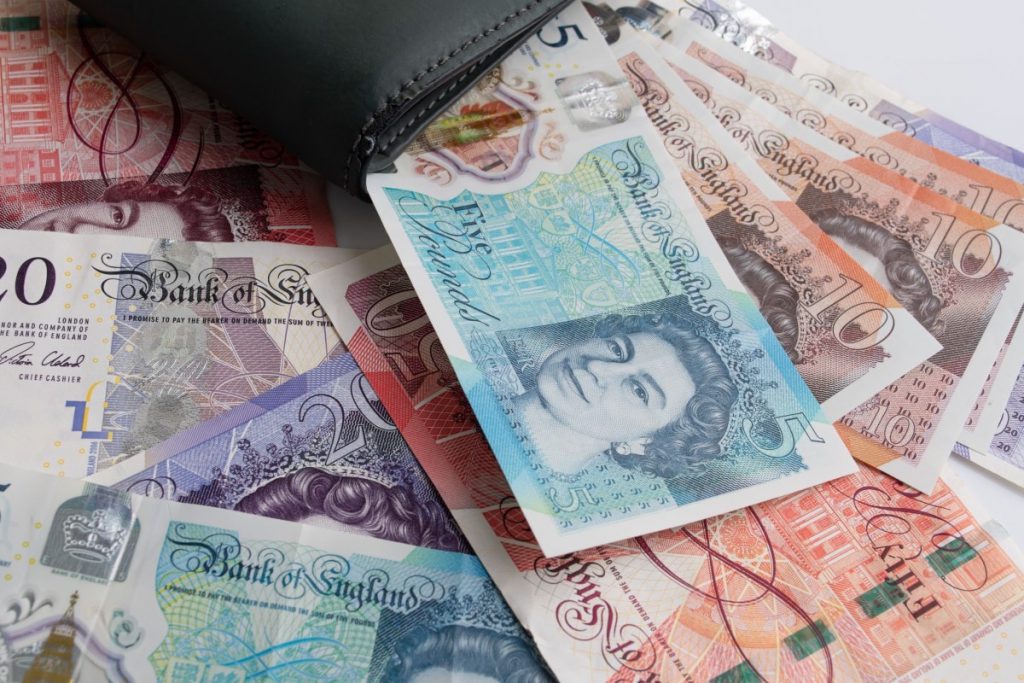
U.S. dollar tumbled down while Euro and Sterling rallied
Good news on coronavirus vaccines and hopes for a smoother transition to a Joe Biden administration bolstered the optimistic sentiment.
Rikiya Takebe, the senior strategist at Okasan Online Securities, stated that the U.S. Federal Reserve’s determination to keep interest rates low has also led to dollar-selling.
The U.S. dollar index tumbled down by 0.12% to 91.92 against a basket of major currencies, slipping to an almost three-month low of 91.84 overnight. The greenback has already lost approximately 0.52% against the basket during the week so far.
Furthermore, investors noted some month-end selling of dollars. Despite that, forex markets were subdued after the U.S. Thanksgiving holiday on Thursday.
Shinichiro Kadota, the senior strategist at Barclays, thinks that the dollar will remain under pressure in the near term due to prolonged “risk-on” sentiment. However, some analysts expected that it would firm in the medium term.
According to Kadota, the United States made a strong rebound, considering how economies have grown in the July quarter. The U.S. will likely be one of the most resilient among developed countries if vaccines become gradually available next year and economies return to normal. He thinks that will create a dollar-favourable environment.
British drugmaker AstraZeneca is facing some questions about the efficacy of its Covid-19 vaccine though. Some experts say that could hinder its regulatory approval. Nonetheless, analysts think so far, the news has had a limited impact on the FX market.
Last month’s European Central Bank meeting supported traders’ expectations for some policy stimulus. Besides, the ECB’s chief economist Philip Lane cautioned that tolerating a longer phase of lower inflation would likely hurt investment and consumption while strengthening expectations for low price growth in the future.
How did major currencies trade?
The euro firmed at $1.1923 against the dollar on Friday, after marking a more than two-month high of $1.1941 on Thursday.
Meanwhile, Sterling traded at $1.3368, remaining near a three-month high reached overnight. The European Union chief negotiator Michel Barnier plans to discuss the state of play with some of the bloc’s ministers later on Friday.
The Chinese commerce ministry announced that it would impose temporary anti-dumping measures on imports of Australian wine from Nov. 28. Despite that, the Australian dollar climbed up by 0.25% at 0.7374, trading close to a near three-month high.
The Kiwi stood at 0.7018 against the U.S. dollar. Against the Japanese yen, the greenback tumbled down by 0.3% to 103.94.


